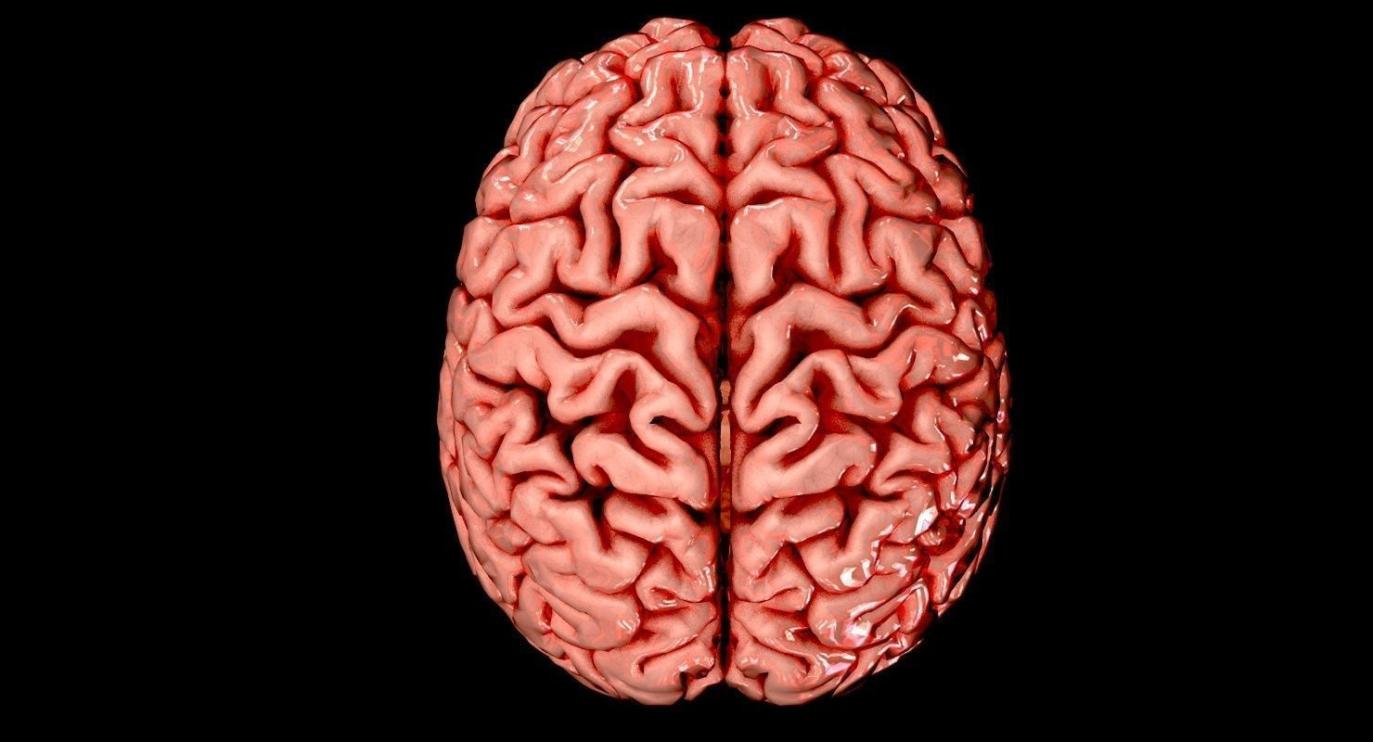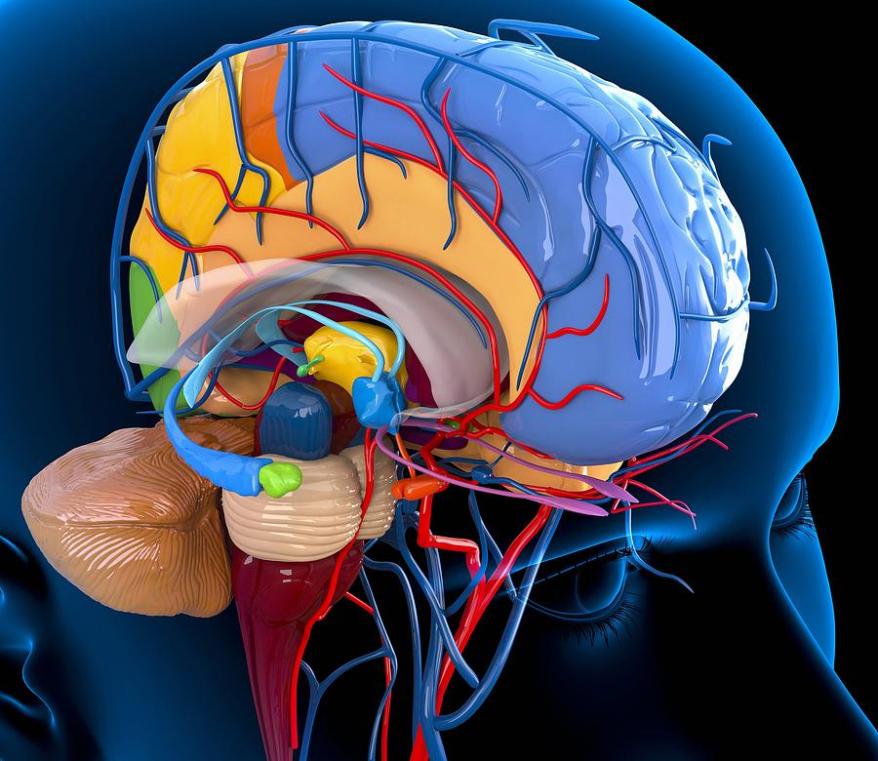What is the Role of the Brain in Memory?
In the vast expanse of the human mind, memory stands as a cornerstone, shaping our experiences, guiding our decisions, and defining our very sense of self. This remarkable ability to encode, store, and retrieve information lies at the heart of our cognitive existence, intricately linked to the intricate workings of the brain. Embark on a journey into the depths of neuroscience as we delve into the brain's role in memory, exploring its mechanisms, complexities, and profound impact on our lives.

Memory And Its Significance:
Memory, the faculty that allows us to retain and recall information, plays a pivotal role in our daily lives. It underpins our capacity for learning, enabling us to acquire new knowledge and skills. It influences our decision-making processes, drawing upon past experiences to inform our choices. Moreover, memory forms the foundation of our personal identity, weaving together our experiences, relationships, and aspirations into a cohesive narrative.
Brain Structures Involved In Memory:
The brain, with its intricate network of neurons and synapses, serves as the physical substrate for memory. Specific brain regions play specialized roles in the processes of memory formation, storage, and retrieval:
- Hippocampus: This seahorse-shaped structure is crucial for the formation of new memories, particularly those involving episodic and spatial information.
- Amygdala: The amygdala, an almond-shaped structure, plays a key role in emotional memory, associating emotional significance to memories.
- Prefrontal Cortex: The prefrontal cortex, located behind the forehead, is involved in working memory, holding information temporarily for manipulation and decision-making.
Types Of Memory And Their Neural Basis:

Memory encompasses a diverse range of types, each with distinct characteristics and neural mechanisms:
- Short-Term Memory: This temporary store holds information for a brief period, typically a few seconds or minutes, before it is either forgotten or transferred to long-term memory. The prefrontal cortex is primarily responsible for short-term memory.
- Long-Term Memory: This more permanent store can retain information for days, months, or even a lifetime. The hippocampus and other brain regions are involved in the consolidation of memories from short-term to long-term storage.
- Declarative Memory: This type of memory involves conscious recall of facts, events, and experiences. It is associated with the medial temporal lobe, including the hippocampus.
- Procedural Memory: This type of memory encompasses learned skills and habits, such as riding a bike or playing a musical instrument. It is associated with the cerebellum and basal ganglia.
- Episodic Memory: This type of memory involves the recollection of specific personal experiences, often associated with a particular time and place. It is closely linked to the hippocampus and surrounding medial temporal lobe structures.
Memory Impairments And Neurological Disorders:
Disruptions to the brain's memory systems can lead to a range of memory impairments, significantly impacting an individual's quality of life:
- Alzheimer's Disease: This progressive neurological disorder is characterized by memory loss, cognitive decline, and behavioral changes. It is associated with the accumulation of amyloid plaques and tau tangles in the brain, leading to neuronal damage and dysfunction.
- Amnesia: This condition involves the loss of memory, often resulting from brain injury, stroke, or certain medical conditions. Amnesia can be temporary or permanent, depending on the severity of the underlying cause.
- Dementia: A group of conditions characterized by progressive cognitive decline, including memory loss, impaired judgment, and difficulties with language and problem-solving. Alzheimer's disease is the most common form of dementia.
Enhancing Memory And Brain Health:
While memory naturally declines with age, there are strategies to maintain and even improve cognitive function:
- Exercise: Regular physical activity has been shown to promote neurogenesis (the growth of new neurons) and improve cognitive function, including memory.
- Healthy Diet: A balanced diet rich in fruits, vegetables, and whole grains can support brain health and reduce the risk of cognitive decline.
- Adequate Sleep: Sufficient sleep is essential for memory consolidation, the process by which short-term memories are transferred to long-term storage.
- Cognitive Training: Engaging in mentally stimulating activities, such as puzzles, games, or learning new skills, can help maintain and improve cognitive function.
- Social Engagement: Maintaining social connections and actively engaging with others can positively impact cognitive health and reduce the risk of dementia.
The brain's role in memory is a testament to the intricate workings of the human mind. Memory, with its ability to shape our lives and define our identities, is a fundamental aspect of our existence. By understanding the mechanisms underlying memory and the impact of brain health on cognitive function, we can take steps to preserve and enhance this precious faculty throughout our lives.
If you have concerns about your memory or cognitive function, it is essential to seek professional guidance from a healthcare provider. Early diagnosis and intervention can help manage memory-related conditions and improve overall brain health.
YesNo

Leave a Reply